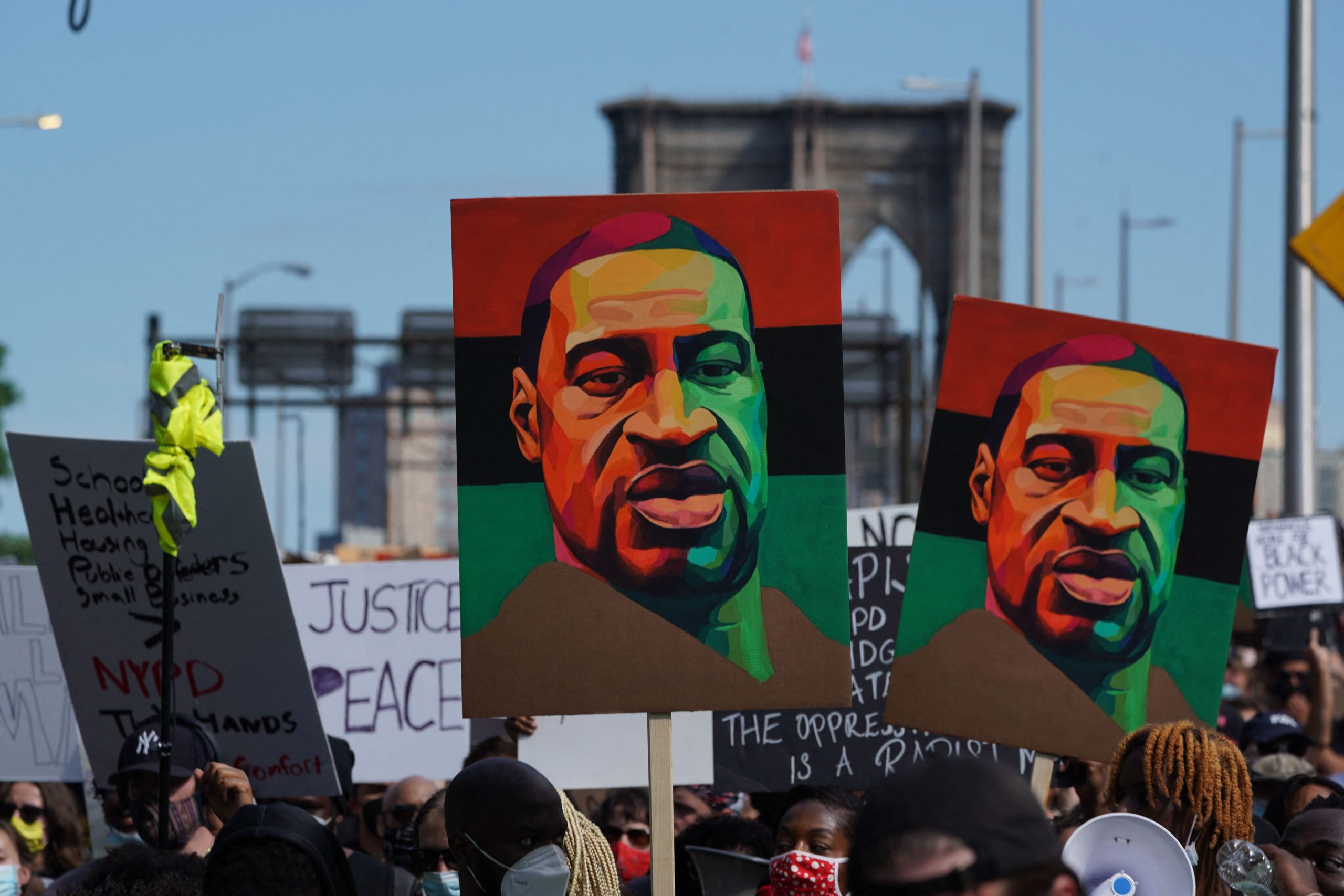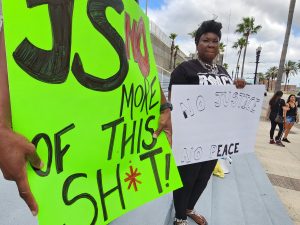The 911 dispatcher Jena Scurry testified in the Derek Chauvin trial for George Floyd murder, saying that after she became concerned about what she was seeing on the video feed from George Floyd’s arrest, she decided to call a police sergeant.
The prosecution played Scurry’s call for the jury, CNN reported.
“I don’t know if they had to use force or not. They got something out of the back of the squad and all of them sat on this man. So I don’t know if they needed to or not but they haven’t said anything to me yet,” she tells the police sergeant on the call played by the prosecution.
Scurry told the court that the purpose of the call was “voicing my concerns.”
She said that she has never made a call like this to a police sergeant before, CNN report said.
The Jury was sworn in and opening statements began on Monday in the trial of former Minneapolis police officer Chauvin, who faces murder and manslaughter charges for his role in George Floyd’s death.
On May 25, 2020, Floyd, a 46-year-old Black man, died after Chauvin allegedly kept his knee on his neck for close to nine minutes. Following this, Chauvin was fired and charged with second-degree unintentional murder, third-degree murder, and second-degree manslaughter.
Floyd’s death sparked protests against racism and police brutality around the world.
At the beginning of opening statements on Monday, prosecutor Jerry Blackwell said Chauvin “betrayed this badge” when he kneeled on Floyd’s neck.
Blackwell added that according to the Minneapolis police policy, officers are not allowed to use any more force than required to subdue a person. However, Chauvin used “lethal force” against Floyd, who was “defenseless, who was handcuffed, who was not resisting,” Blackwell said.
Blackwell also showed video evidence from the day Floyd was killed in which Chauvin can be seen kneeling on his neck as he says, “I can’t breathe.”
Blackwell said it’s clear that Floyd’s death was a homicide.
“You can believe your eyes, that it’s a homicide. You can believe your eyes,. You’ll be able to hear his voice get deeper and heavier his words further apart, his respiration is more shallow. You’ll see him when he goes unconscious, and you’ll be able to see the uncontrollable shaking he’s doing when he’s not breathing anymore,” he said.
Defense attorney Eric Nelson, on the other hand, said that “this case is clearly more than about 9 minutes and 29 seconds”.
He added that “Derek Chauvin did exactly what he had been trained to do over the course of his 19-year career”.
“The use of force is not attractive, but it is a necessary component of policing,” he added.






